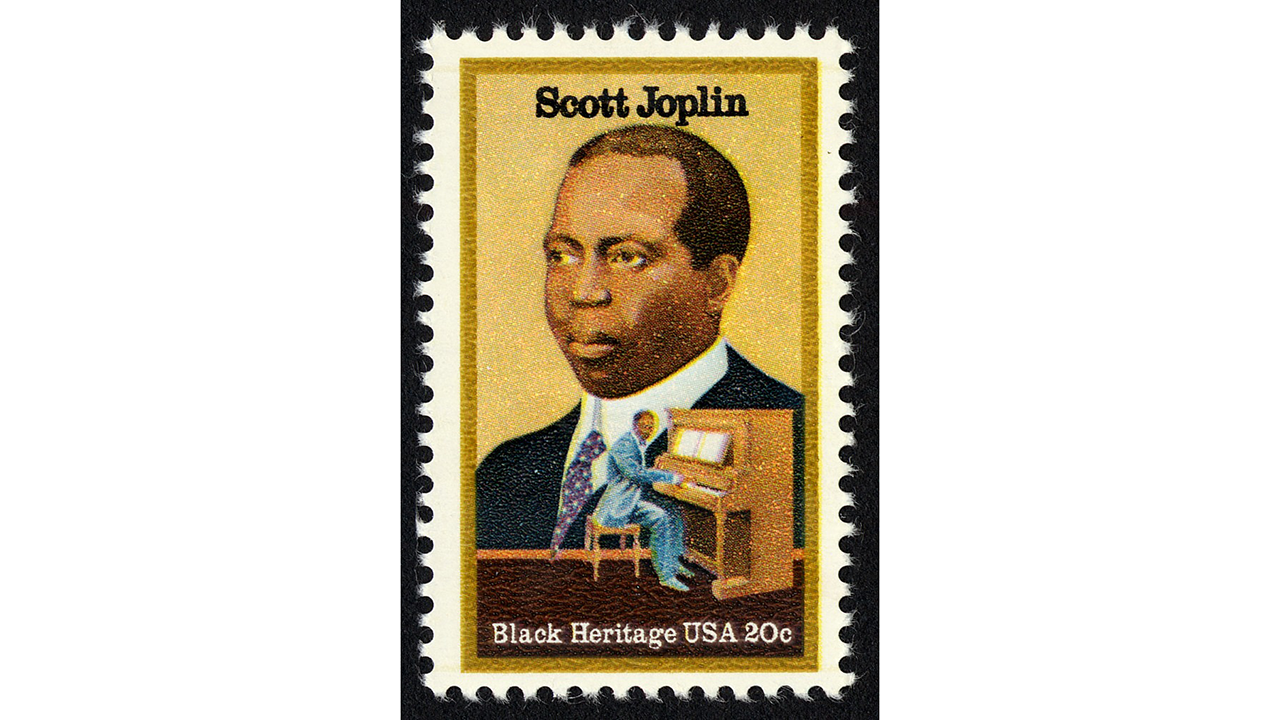Scott Joplin
What's the first thing you think of when you hear "ragtime"? If you're anything like me, it's old movies, upright pianos, and simpler times. However, it's impossible to talk about this classic American genre without mentioning the "King" of it -- Scott Joplin.
Joplin was born in Texas in the late 1860s to a musical family. After work as a traveling musician and piano teacher, his first and eventually most enduring success came with the "Maple Leaf Rag". Sales of the sheet music he published were initially slow, but it would come to be a reliable source of income for his whole life. While the piece is frequently heard at a very quick pace, the composer did not want it to be played too fast, and indicated so in the score. The result is something more thoughtful and less manic, while retaining the glee and liveliness we associate with his music.
Surviving anecdotes also show him to be a thoughtful and generous person, even after success. Joplin is said to have sent his first music teacher, Julius Weiss, monetary gifts until his death. Weiss taught him from age 11 to 16, not charging him due to the family's financial struggles, a kindness the young Joplin would never forget. He also paid it forward, generously donating his time and instruction to music students, including the next generation of ragtime composers.
Although Joplin's death in 1917 marked the decline of ragtime as a popular musical form, in the 1970s, interest in the genre exploded again, thanks largely to an album by Joshua Rifkin and the soundtrack of the film The Sting. Both ragtime and Joplin received renewed attention at this time, with a 1977 film made about the composer and his life, and even a postage stamp commemorating him in 1983.
I encourage you to take some time today to celebrate the beautiful and joyful music that Scott Joplin created over a century ago. He was a special talent in American musical history, a man who deserves appreciation for work that still resonates with us today.



